Research in land plants shows nanoplastics accumulating in tissues

The latest findings provide direct evidence that nanoplastics can accumulate in plants. Plant accumulation of nanoplastics can have both direct ecological effects and implications for agricultural sustainability and food safety.
Overconsumption and growth economy key drivers of environmental crises
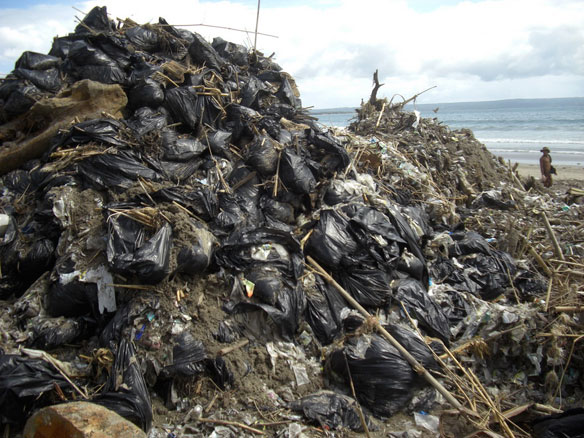
Researchers, led by a UNSW sustainability scientist, have reviewed existing academic discussions on the link between wealth, economy and associated impacts, reaching a clear conclusion: technology will only get us so far when working towards sustainability—we need far-reaching lifestyle changes and different economic paradigms.
Smooth handfish extinction marks a sad milestone
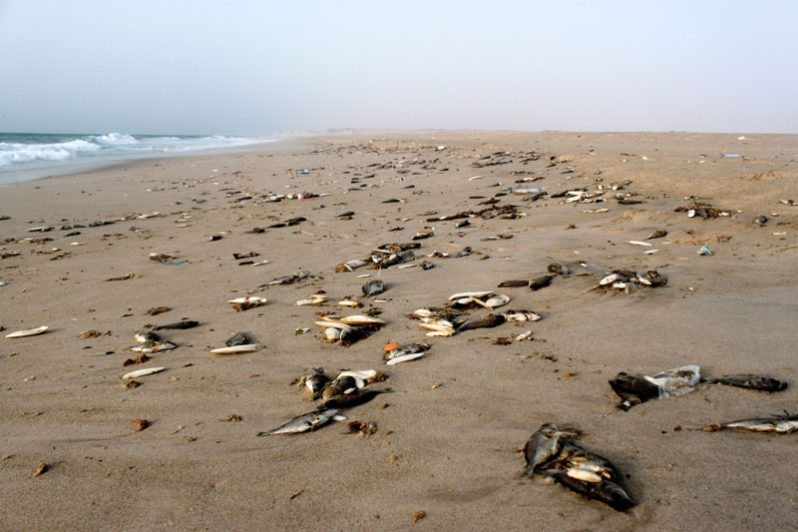
For the first time the IUCN Red List has officially declared a marine fish alive in modern times to be extinct.
How global regulators are selling out the world’s largest tuna
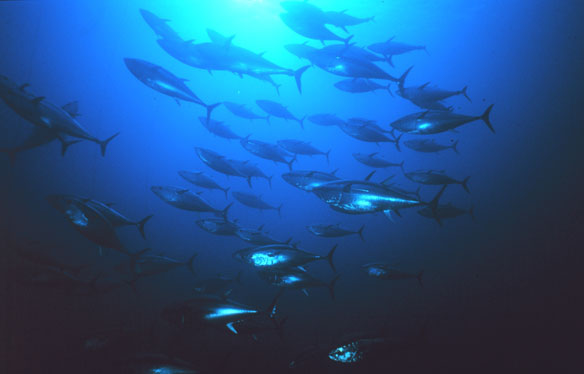
Detachment from life at sea is ingrained and widespread. To consent to the treatment of fish as nothing more than commodities is a stark example of speciesism, which assumes that humans — and especially the most privileged among us — are the center of the universe.
‘Sea Nomads’ Are First Known Humans Genetically Adapted to Diving
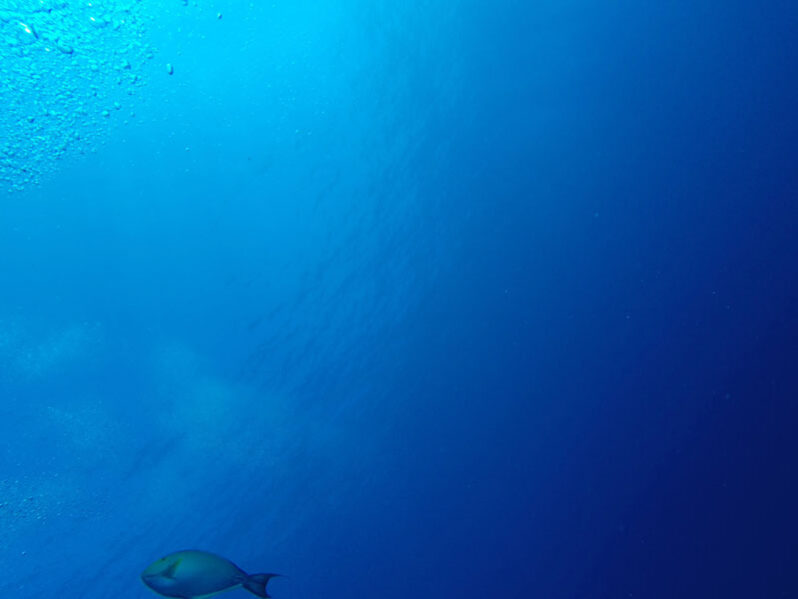
The Bajau people of Southeast Asia are among the most accomplished divers in the world. A study in the journal Cell offers the first clues that a DNA mutation for larger spleens gives the Bajau a genetic advantage for life in the deep.
Sea level rise will see 40pc of Australia’s beaches lost, predicts new study

Beaches are a part of Australian life, and new research says that we’re going to lose about 40 per cent of Australia’s beaches over the next 80 years.
The many lifetimes of plastics
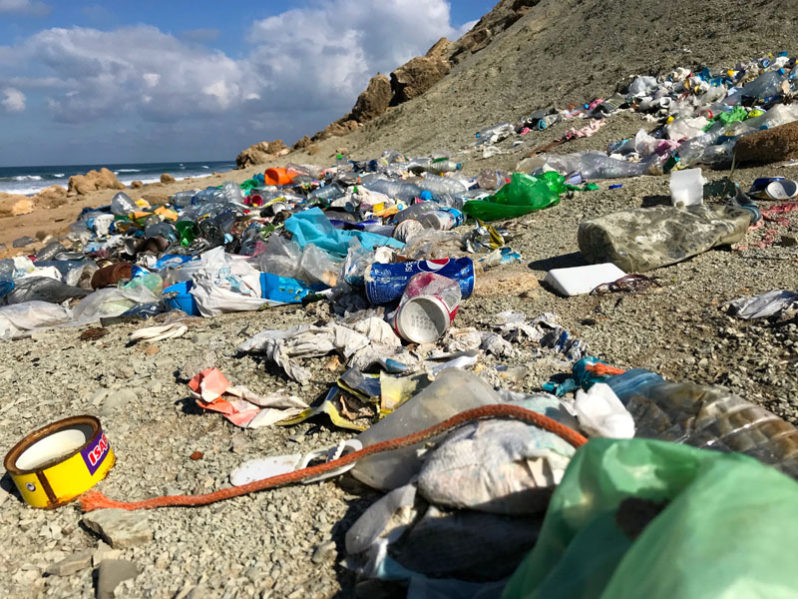
Infographics strive to give us a sense of how long plastic goods will last in the environment. But is this information reliable?
Carpet shell clams reveal high levels of pollution in several coastal lagoons in Tunisia

Transitional waters, those situated between land and the sea, such as lagoons and estuaries, are more exposed to human activity and these waters are slowly refreshed, meaning that their ecosystems are more vulnerable to pollution. Also, there is evidence for the relationship between a rise in temperature and a greater level of pollution
Coal-burning in Siberia led to climate change 250 million years ago

A team of researchers has provided the first ever direct evidence that extensive coal burning in Siberia is a cause of the Permo-Triassic Extinction, the Earth’s most severe extinction event.
